2 Kinds Of Knowledge (Audio CD)
$14.99
Few of us have realized that the great body of knowledge that has been accumulated through the ages has come to us through the five senses. Every step in the fields of chemistry, mechanics, surgery, science, and the arts has come from this one common source.
Our five senses are the five servants that have been conveying knowledge of every sort and kind to the brain for it to classify, number, and file away for future use.
But our senses are not always reliable. They know nothing of the reason for creation, mankind, motion, matter, or force. Our senses cannot tell us the origin of our universe or our very existence.
In this audio book, E. W. Kenyon takes a close look at the difference between sense knowledge and God’s revelation knowledge. He explains what happens when we rely too heavily on the former and the peril of ignoring the latter.
in stock within 3-5 days of online purchase
SKU (ISBN): 9781641238076
ISBN10: 1641238070
E. W. Kenyon | Narrator: Stephen Sobozenski
Binding: Audio CD
Published: February 2022
Publisher: Whitaker House Publishers
Related products
-
40 Questions About Angels Demons And Spiritual Warfare
$21.99In 40 Questions About Angels, Demons, and Spiritual Warfare, John Gilhooly provides a biblical and balanced perspective on the many issues surrounding the spiritual realm. In a question-and-answer format, he explains spiritual warfare, angels and demons, the role of Satan, models and practices for spiritual warfare, and topics related to the occult. Beneficial as a comprehensive overview or as a reference guide to particular subjects, this volume provides concise but thorough answers to many important questions:
* Do believers have guardian angels?
* Can Christians be demon possessed?
* Are there territorial spirits?
* Why and when did the devil fall from heaven?
* What is the role of prayer in spiritual warfare?
* Are there such things as spiritual curses?Add to cart2 in stock
-
Knowledge Of God In The World And The Word
$29.99Amid the crisis of authority in our modern and postmodern era, Christians need to be able to point to God’s revelation in the natural world in addition to defending God’s unique revelation in the Bible and in the person of Jesus Christ.
Classical apologetics takes a two-step approach to commending the Christian picture of reality. First, arguments for the existence of God, such as those of natural theology, are employed to create common ground with people outside the household of the Christian faith and to provide intellectual support for Christians. Second, classical apologetics defends key items of Christian revelation, including the reliability of the Bible, the identity of the historical Jesus, and the resurrection of Jesus Christ from the dead.
In Knowledge of God in the World and the Word, authors Douglas Groothuis and Andrew Shepardson provide a simple introduction to classical apologetics that also addresses the most common objections to natural theology. Readers will discover in the book an easy point of entry into understanding why Christian beliefs about Jesus are true and rational. Further, the authors apply the power of classical apologetics to Christian ministry.
Add to cart2 in stock
-
Misreading Scripture With Western Eyes
$18.00Introduction: Coming To Terms With Our Cultural Blinders
Part One: Above The Surface
1. Serving Two Masters: Mores
2. The Bible In Color: Race And Ethnicity
3. Just Words? LanguagePart Two: Just Below The Surface
4. Captain Of My Soul: Individualism And Collectivism
5. Have You No Shame? Honor/Shame And Right/Wrong
6. Sand Through The Hourglass: TimePart Three: Deep Below The Surface
7. First Things First: Rules And Relationships
8. Getting Right Wrong: Virtue And Vice
9. Its All About Me: Finding The Center Of Gods WillConclusion: Three Easy Steps For Removing Our Cultural Blinders?
Acknowledgments
Resources For Further Exploration
NotesAdditional Info
What was clear to the original readers of Scripture is not always clear to us. Because of the cultural distance between the biblical world and our contemporary setting, we often bring modern Western biases to the text. For example: When Western readers hear Paul exhorting women to “dress modestly,” we automatically think in terms of sexual modesty. But most women in that culture would never wear racy clothing. The context suggests that Paul is likely more concerned about economic modesty–that Christian women not flaunt their wealth through expensive clothes, braided hair and gold jewelry.Some readers might assume that Moses married “below himself” because his wife was a dark-skinned Cushite. Actually, Hebrews were the slave race, not the Cushites, who were highly respected. Aaron and Miriam probably thought Moses was being presumptuous by marrying “above himself.”Western individualism leads us to assume that Mary and Joseph traveled alone to Bethlehem. What went without saying was that they were likely accompanied by a large entourage of extended family. Biblical scholars Brandon O’Brien and Randy Richards shed light on the ways that Western readers often misunderstand the cultural dynamics of the Bible. They identify nine key areas where modern Westerners have significantly different assumptions about what might be going on in a text. Drawing on their own crosscultural experience in global mission, O’Brien and Richards show how better self-awareness and understanding of cultural differences in language, time and social mores allow us to see the Bible in fresh and unexpected ways. Getting beyond our own cultural assumptions is increasingly important for being Christians in our interconnected and globalized world. Learn to read Scripture as a member of the global body of Christ.Add to cart1 in stock (additional units can be purchased)
-
Political Disciple : A Theology Of Public Life
$11.99What might it mean for public and political life to be understood as an important dimension of following Jesus? As a part of Zondervan’s Ordinary Theology series, Vincent E. Bacote’s The Political Disciple addresses this question by considering not only whether Christians have (or need) permission to engage the public square, but also what it means to reflect Christlikeness in our public practice, as well as what to make of the typically slow rate of social change and the tension between relative allegiance to a nation and/or a political party and ultimate allegiance to Christ. Pastors, laypeople, and college students will find this concise volume a handy primer on Christianity and public life.
Add to cart2 in stock

 How You Are Changing Boys 9 To11
How You Are Changing Boys 9 To11
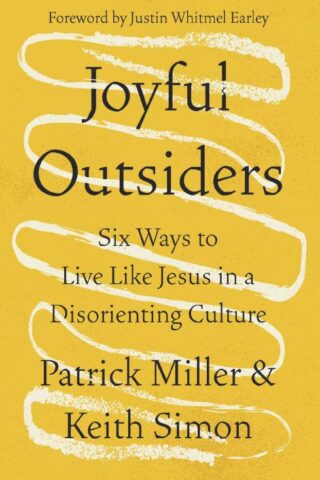 Joyful Outsiders : Six Ways To Live Like Jesus In A Disorienting Culture
Joyful Outsiders : Six Ways To Live Like Jesus In A Disorienting Culture
 Healer
Healer
 Small Handy Scripture Notepad for Women: Everything Beautiful - Ecc. 3:11 Inspir
Small Handy Scripture Notepad for Women: Everything Beautiful - Ecc. 3:11 Inspir
 You Can Be Free
You Can Be Free
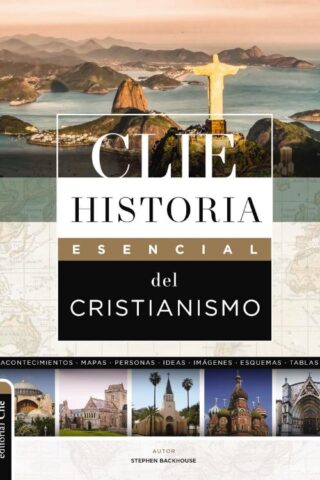 Clie Historia Esencial Del Cri - (Spanish)
Clie Historia Esencial Del Cri - (Spanish)
 Rhythm Of Us
Rhythm Of Us
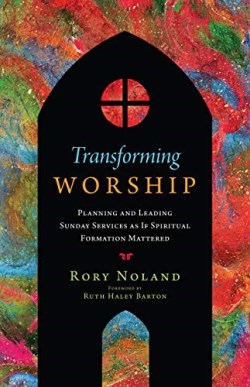 Transforming Worship : Planning And Leading Sunday Services As If Spiritual
Transforming Worship : Planning And Leading Sunday Services As If Spiritual
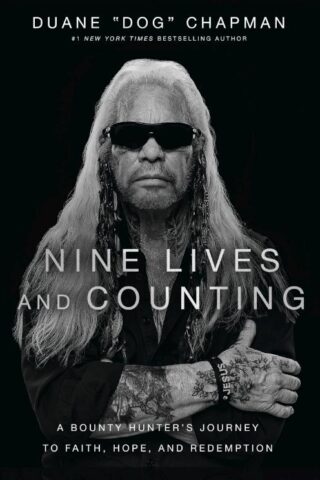 9 Lives And Counting
9 Lives And Counting
 Made To Shine
Made To Shine
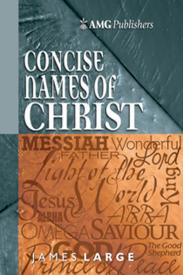 AMG Concise Names Of Christ
AMG Concise Names Of Christ
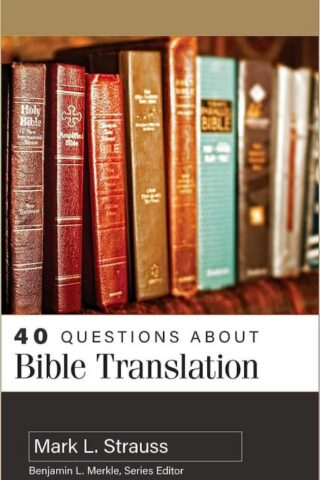 40 Questions About Bible Translation
40 Questions About Bible Translation
 Story Of The Good Samaritan
Story Of The Good Samaritan
 Illuminated Bible Art Journaling Edition
Illuminated Bible Art Journaling Edition
 Abundant Grace : 40 Days Of Walking In The Goodness Of God
Abundant Grace : 40 Days Of Walking In The Goodness Of God
 1 John : How The Love Of Jesus Guides The Gospel
1 John : How The Love Of Jesus Guides The Gospel
 Story 25 Pack
Story 25 Pack
 True Sweetness : Growing In The Fruit Of The Spirit
True Sweetness : Growing In The Fruit Of The Spirit
 The Making: God will come in and begin a new work in you!
The Making: God will come in and begin a new work in you!
 Thanksgiving
Thanksgiving
 Thinline Bible Comfort Print
Thinline Bible Comfort Print
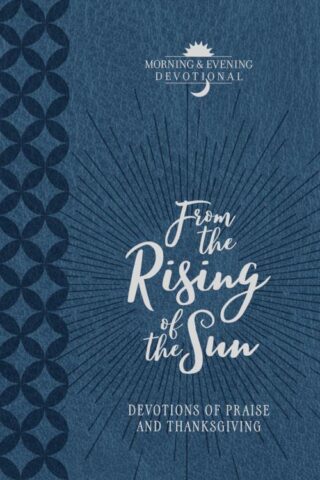 From The Rising Of The Sun Morning And Evening Devotional
From The Rising Of The Sun Morning And Evening Devotional
 New Morning Mercies (Expanded)
New Morning Mercies (Expanded)
 Super Giant Print Reference Bible Comfort Print
Super Giant Print Reference Bible Comfort Print
 Student Bible Personal Size Comfort Print
Student Bible Personal Size Comfort Print
 PaperMate InkJoy Armor Of God Pen
PaperMate InkJoy Armor Of God Pen
 Spiritual Warfare Bible Revised Edition
Spiritual Warfare Bible Revised Edition
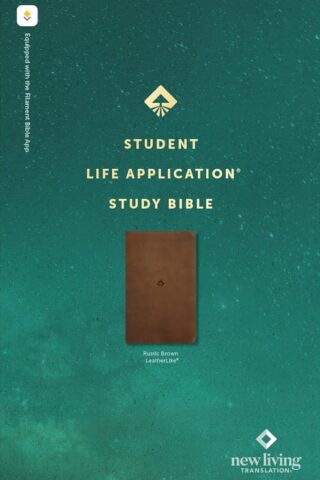 Student Life Application Study Bible Filament Enabled Edition
Student Life Application Study Bible Filament Enabled Edition
 6 Steps To Reduce Stress
6 Steps To Reduce Stress
 Healthy In The Hustle
Healthy In The Hustle
 Leading Major Change In Your Ministry
Leading Major Change In Your Ministry
 Dayspring Inspire Illustrating Bible Filament Enabled Edition
Dayspring Inspire Illustrating Bible Filament Enabled Edition




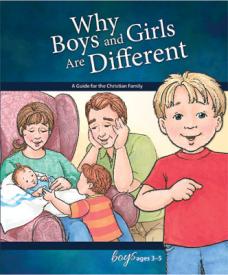

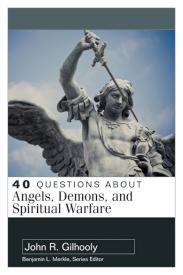
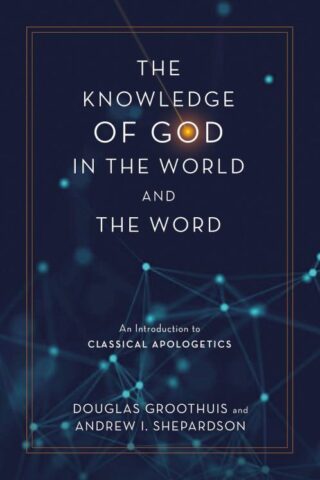
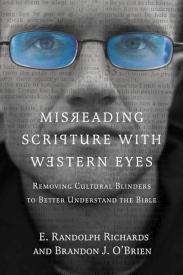
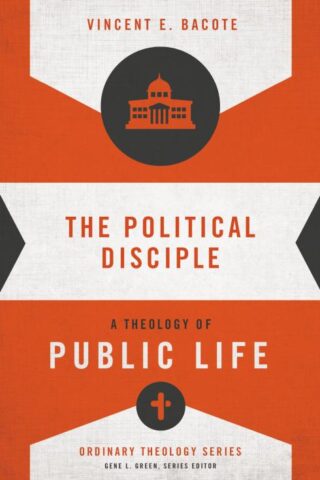
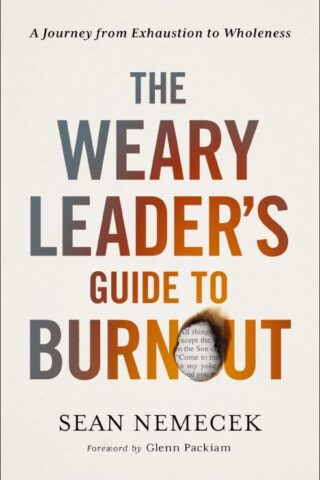

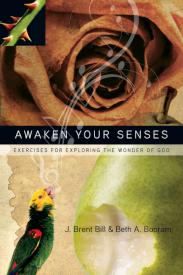

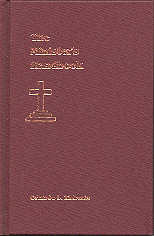
Reviews
There are no reviews yet.